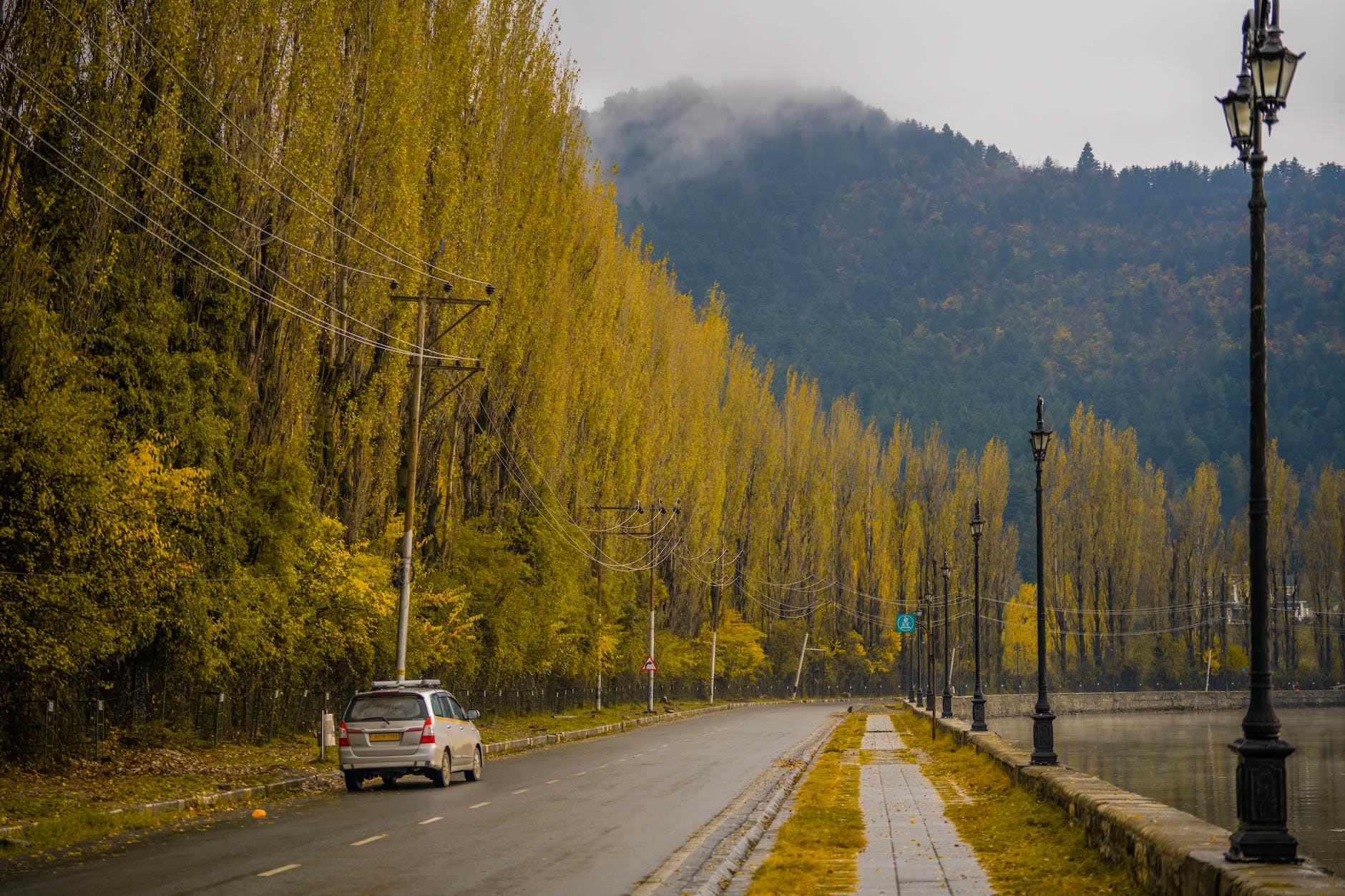|
Getting your Trinity Audio player ready...
|
Climate change is a global issue that affects regions and countries across the world, including Jammu and Kashmir. Located in the northernmost part of India, this beautiful region nestled in the Himalayas is not immune to the impacts of climate change.
One of the key concerns in Jammu and Kashmir is the melting of glaciers. The Himalayan glaciers act as a lifeline for numerous rivers and streams that provide water for drinking, agriculture, and hydropower generation in the region. However, rising temperatures have accelerated the rate of glacial melting, leading to an increased risk of glacial lake outburst floods and reduced water availability during certain seasons.
Another consequence of climate change in Jammu and Kashmir is the alteration of weather patterns. Erratic rainfall, warmer winters, and hotter summers are becoming increasingly common. These changes have profound effects on the agricultural sector, as farmers struggle to adapt to unpredictable weather conditions. Moreover, the changing climate also poses challenges for the region’s biodiversity and ecosystems, as species have to cope with altered habitats and migration patterns.
Furthermore, the effects of climate change can also be observed in the region’s fragile ecosystems. Forests in Jammu and Kashmir, such as the famous Kashmir Valley forests, are facing threats from changing precipitation patterns, invasive species, and increased frequency and intensity of forest fires. These ecological changes not only impact wildlife but also have social and economic ramifications for local communities who depend on the forests for their livelihoods.
To mitigate the impacts of climate change in Jammu and Kashmir, it is crucial to promote sustainable practices and raise awareness about the importance of conservation. Efforts can be made to reduce greenhouse gas emissions through the adoption of renewable energy sources and energy-efficient technologies. Additionally, implementing measures to protect and restore forests, conserving water resources, and promoting climate-resilient agriculture can contribute to building resilience in the region.
Addressing climate change in Jammu and Kashmir requires a collective effort, involving government bodies, civil society organizations, local communities, and individuals. By taking proactive steps to mitigate and adapt to climate change, it is possible to safeguard the natural beauty, biodiversity, and livelihoods of this remarkable region for future generations.













